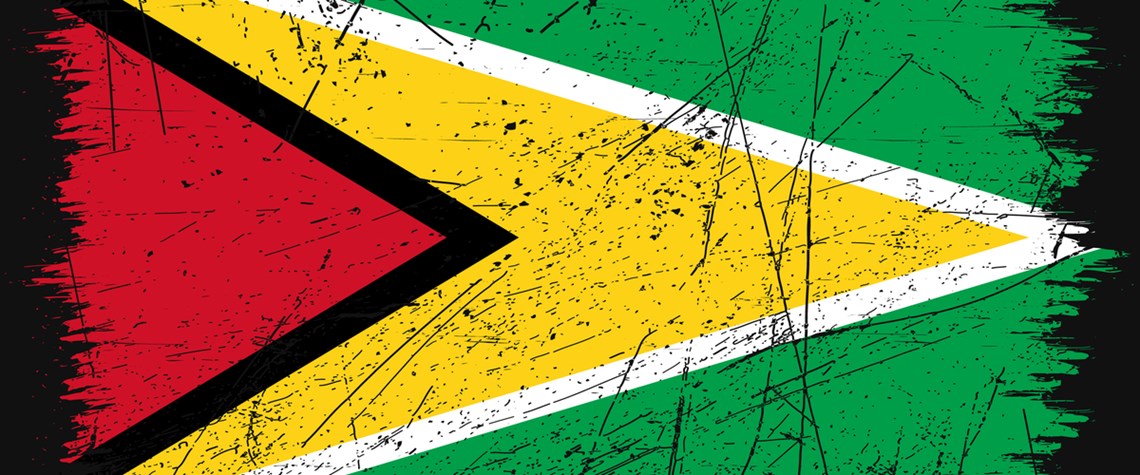Guyana’s deadlock chills the investment climate
A worsening political crisis risks slowing the pace of oil sector growth in the small Latin American nation
Any hope that Guyana’s recent election would settle the country’s broiling political turmoil always looked optimistic. And so it has proved. Four months on from the poll, neither of the two main parties has conceded defeat and the impasse threatens to stall Guyana’s nascent oil sector. The election result has been dogged by accusations of voting irregularity, court injunctions and a national ballot recount. Incumbent president David Granger initially declared victory before the recount pointed to a win for opposition leader Irfaan Ali. The country’s electoral commission has yet to officially announce a result. The controversy follows a 2018 vote of no-confidence in the Granger administration

Also in this section
17 February 2026
The 25th WPC Energy Congress, taking place in Riyadh, Saudi Arabia from 26–30 April 2026, will bring together leaders from the political, industrial, financial and technology sectors under the unifying theme “Pathways to an Energy Future for All”
17 February 2026
Siemens Energy has been active in the Kingdom for nearly a century, evolving over that time from a project-based foreign supplier to a locally operating multi-national company with its own domestic supply chain and workforce
17 February 2026
Eni’s chief operating officer for global natural resources, Guido Brusco, takes stock of the company’s key achievements over the past year, and what differentiates its strategy from those of its peers in the LNG sector and beyond
16 February 2026
As the third wave of global LNG arrives, Wood Mackenzie’s director for Europe gas and LNG, Tom Marzec-Manser, discusses with Petroleum Economist the outlook for Europe’s gas market in 2026







